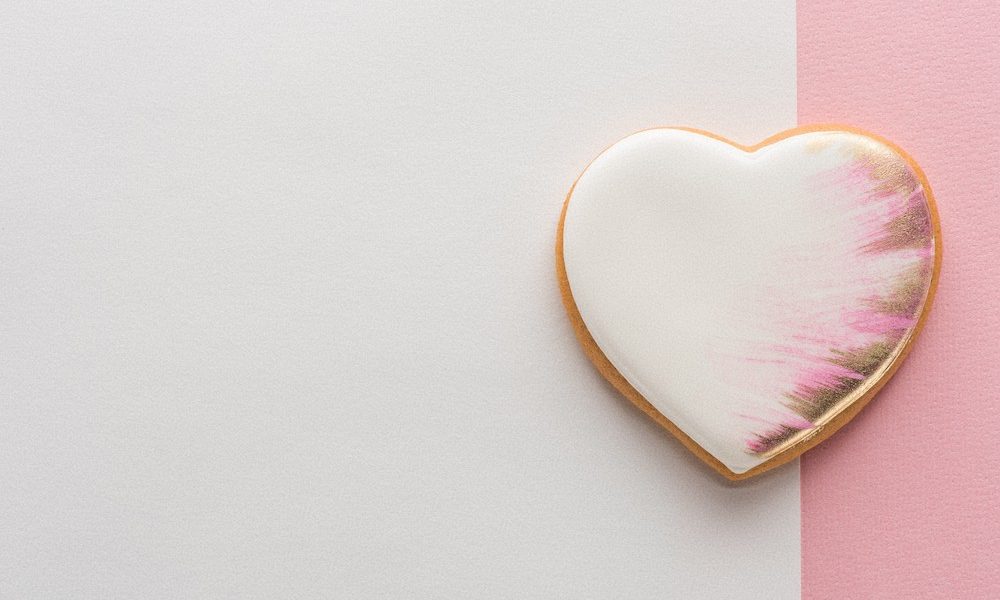Kindness is the key to start treating your body with respect and stop the endless dieting cycle. Build a more self-compassionate mindset with these 3 important principles.
BY: LAURA JEAN, APD
‘I’ve blown it now, I may as well just give up.’
Have you ever thought this (or some variation of it) when your eating hasn’t gone to plan? Do you judge yourself harshly when you make a ‘bad’ food choice? Or are you constantly criticizing your body?
If you answered yes to any (or all) of the above questions, then you may be in need of a little self-compassion. Because the truth is, you can’t hate your way out of diet culture; instead, you must start being kind to yourself.
That’s where self-compassion comes in. It’s your secret weapon in ditching a diet mindset for good.
So what is self-compassion?
It is the act of treating yourself with the compassion that you would extend towards someone else. There are three elements to be aware of:
- Self-kindness – treating yourself like you would your best friend
- Common humanity – recognizing that suffering and not feeling ‘good enough’ is something all humans experience.
- Mindfulness – non-judgmental observation of your ‘negative’ thoughts and feelings.
Beyond helping you be less judgmental towards yourself and your body, the research also shows self-compassion has several other benefits:
- It acts as a buffer between you and external factors, such as the media, that can influence how you look at your body and food.
- It has been found to assist in eating disorder recovery.
- It helps you be more accepting of internal experiences rather than judgmental of them.
- It promotes areas of your mental and emotional health that are associated with unhealthy eating behaviors.
If you’re ready to start healing your relationship with food and your body, here are a few action steps to get you started.
1. Self-kindness
Being kind to yourself around your food choices and your body is important. After all, nobody ever hated themselves into loving their bodies. A major part of self-kindness is the way you talk to yourself.
Action step:
Talk to yourself as you would your best friend, your own daughter or your pet. If you wouldn’t say it to them, then don’t say it to yourself.
2. Common humanity
A dieting mindset would have you believe that you are the only person ‘failing’ diets, and that you’re getting it all wrong and do not have enough willpower when it comes to food and your body.
The truth is, most people who are stuck in the ‘diet mindset’ believe the exact same thing. And while every person is unique, the way that self-loathing mindset disrupts the way you think about yourself in relation to food and your body is shared by every other person who has ever dieted. You are not alone.
Of course, it’s also important to remember (or learn) that you failed at nothing – it’s the diet that failed you.
Action step:
Know that you are not alone. Find a health professional, social media accounts, and other communities that connect you with other people who can validate your shared experiences.
3. Mindfulness
You are not your thoughts nor your feelings. Yes, you experience them, and yes they can be uncomfortable, but ‘this too shall pass’. Being able to notice your feelings and thoughts without reacting or attaching your identity to them is a useful tool in changing your relationship to food and your body.
This is an especially powerful tool if you find you look to food to handle your emotions. There’s nothing wrong with using food for this role, but adding in mindfulness can give you an alternate tool to use.
Action step:
Instead of automatically reacting to an uncomfortable thought or feeling, practice letting it surface and allow it to subside slowly. Imagine it as a fluffy cloud floating across the sky of your awareness, or try ‘surfing the wave’ of emotion that you experience. A guided meditation can also help you process and release your emotions.
Remember, practice makes progress.
Self-compassion is like a muscle, and in order for it to work efficiently, you have to keep using it and strengthening it. It’s a practice, rather than a finite resource.
But once it becomes a part of you, it can be a powerful tool in healing your relationship with food and your body, while helping you develop a healthier one as you continue to move forward.
Adapted from the original post.
Laura Jean, APD is an Accredited Practising Dietitian based in Canberra, Australia who focuses on the ‘whys’ of eating and how we can connect to our body to guide our interaction with food. She is passionate about helping women develop a healthier relationship with food and enjoy every eating experience. Laura works with individuals, families and workplaces to promote mindful connected eating. Find out more at Eat With Awareness.

